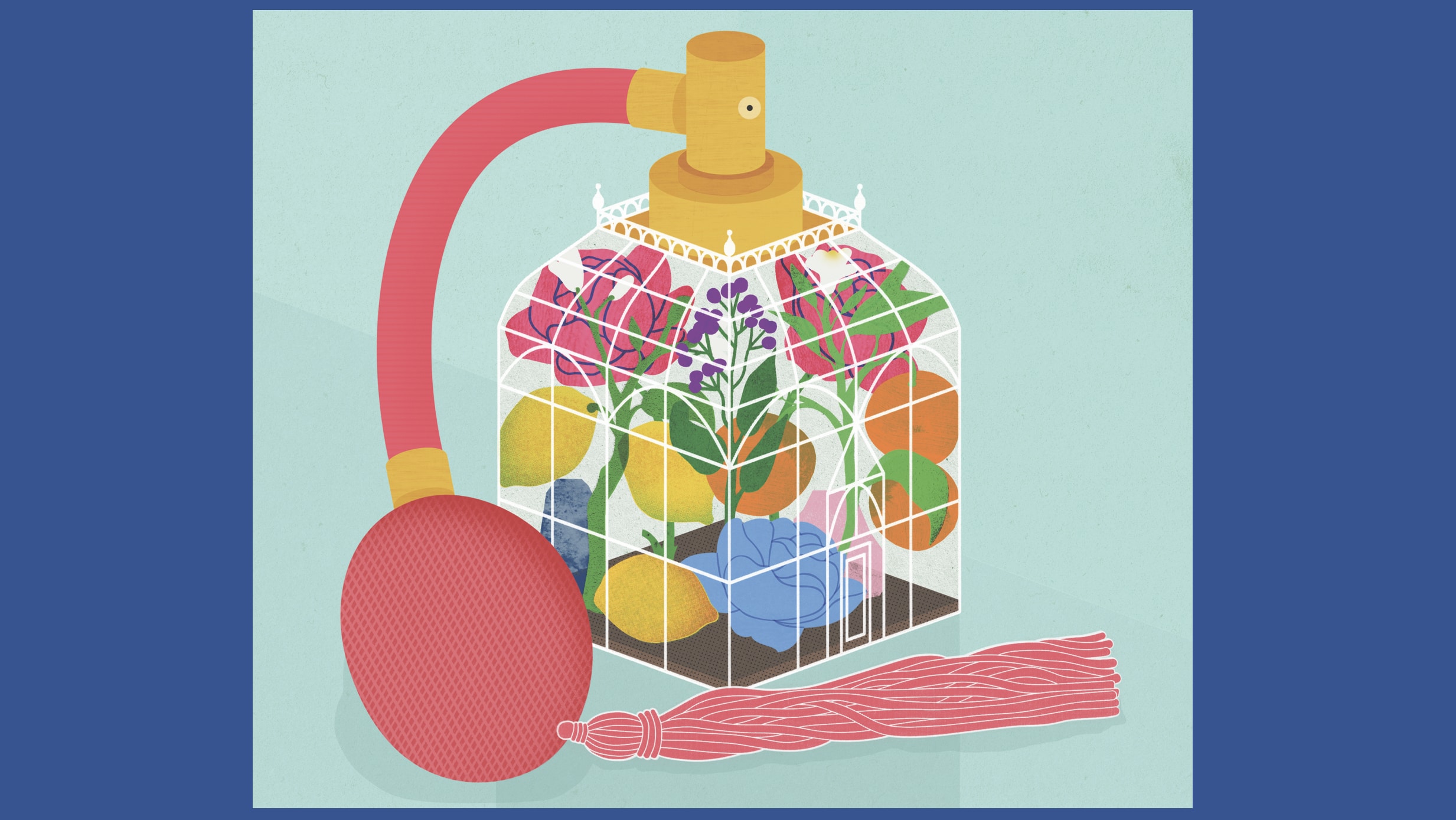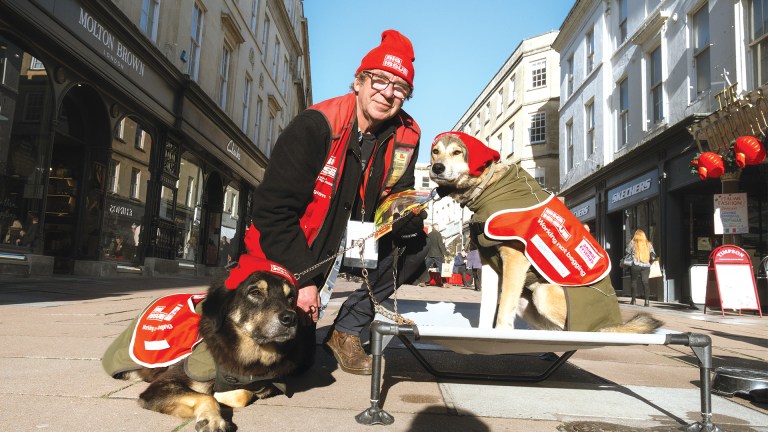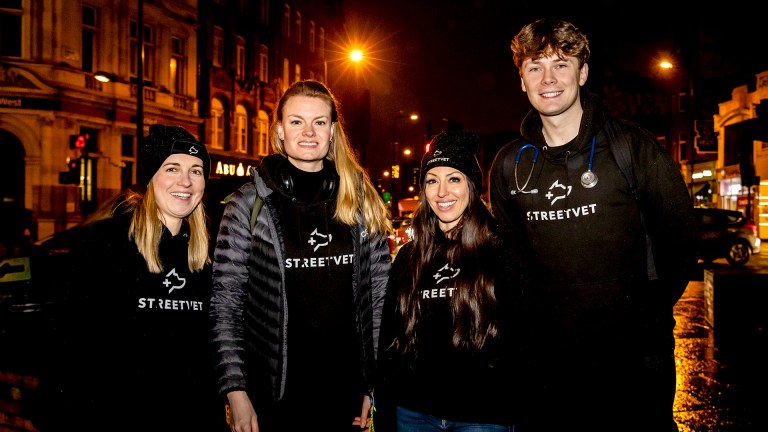Perfume is such an incredibly powerful thing, perhaps the most access-ible form of art. But it has become somewhat diminished in this age of massive marketing budgets and celebrity hype. I’m sure that for most people their relationship with perfume begins with incessant advert-isements on the telly, showing improbably beautiful people escaping from impossibly glamorous situations, and ends with the rather depressing experience of acres upon acres of perfume, all seemingly smelling the same, in the duty free at the airport. If you’re one of those people, bored by and indifferent to perfume, I urge you to reassess and to start thinking about it in a different way.
Next time, rather than rush through the perfume department trying to avoid being spritzed by a sales assistant, stop and try just one scent. Find out a bit about the perfume, if you can, a niche brand: ask who the perfumer is, what the notes are, if there’s a story behind it. Then, allow the perfume to take you on an olfactory journey. Breathe in the top notes first. These are the lighter molecules – typically citrus notes – that spring out at you, sparkling. They dominate at first but quickly dissipate. Next, enjoy the middle notes – usually floral, fruity and spicy – and appreciate how they shift the scent to a different level. Finally, what’s known as the ‘dry down’ – the best part – the heavier, longer lasting notes such as woods and resins. This is the part that lingers, that develops into something glorious and enveloping. Never buy a perfume on first smell. Always live with it for at least a day. If you like it, get a sample and try it a few times, in different situations – at home, at work, on a night out.
Today, perfume is changing. The rise of independent perfume houses, unfettered by the commercial restraints of the mainstream, are creating scents that don’t conform to accepted notions of what a perfume should be. Rather than creating ersatz scents that are essentially the result of focus group testing, they’re creating perfumes that smell of the new century – of tarmac, plastic, ink, dust, semen and blood. It may sound repulsive but these can be some of the most extraordinary and beautiful perfumes. It’s nothing short of a revolution, and now global beauty corporations are buying the independent houses, allowing this new scent culture to filter down to the mainstream. Now it’s possible to find something quite weird and wonderful in your local department store.
Perfume is becoming less like fashion and more like literature or film. You may find some of the new scents challenging – but then books or films don’t need to be ‘feel-good’ to resonate, they can move you on so many different levels. Why shouldn’t a perfume be the same?
Claire Catterall is co-curator of Perfume: a Sensory Journey Through Contemporary Scent, an exhibition that runs at Somerset House until 17 September









